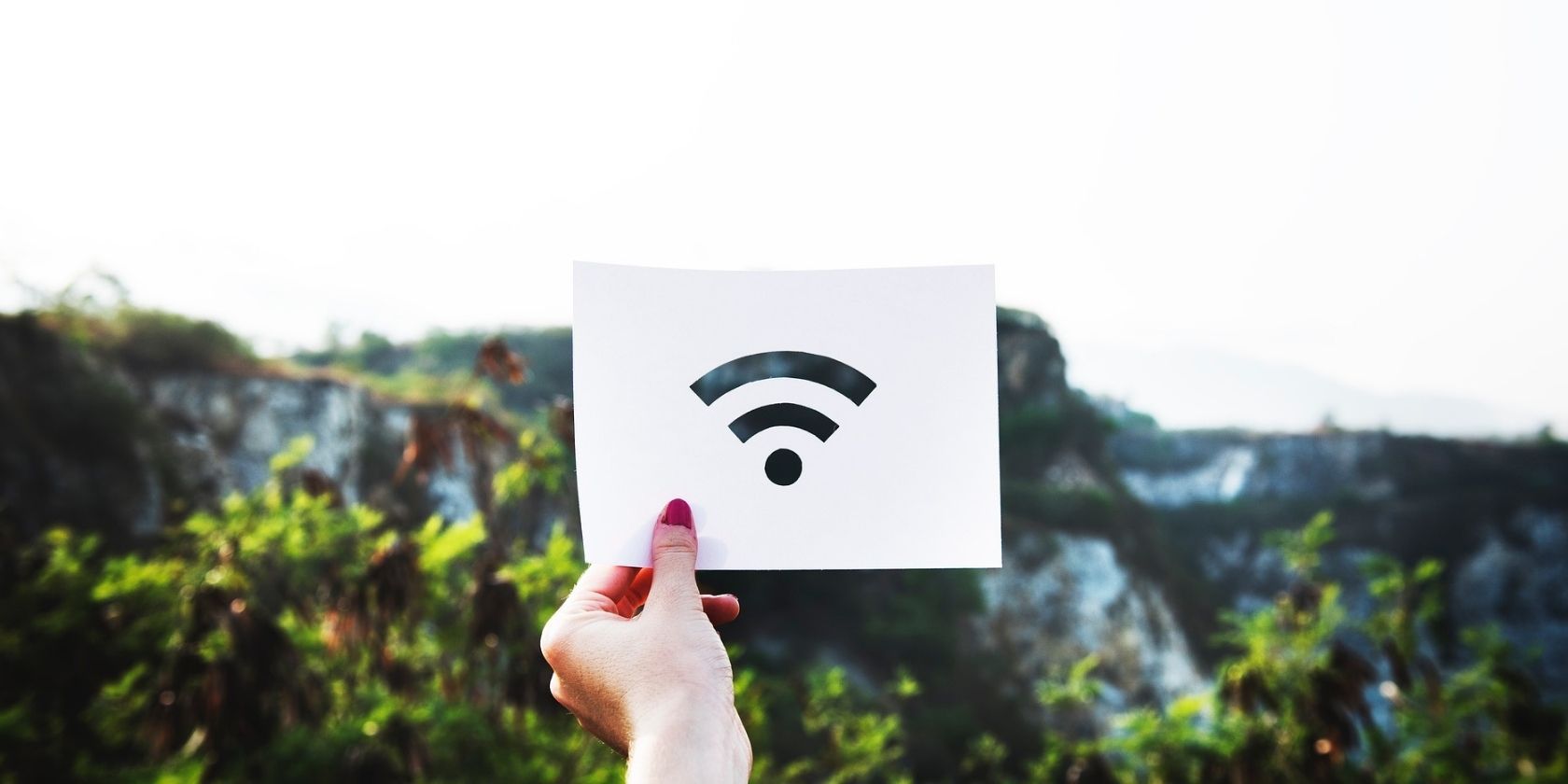If you've ever conducted an internet speed test, chances are you met two distinct values: the upload and download speed. But what do these actually mean, and what effect do they have on your internet experience overall? Today, we're breaking down the difference between upload and download speeds and explaining which is more important depending on your online activity.
What Is an Upload Speed?
The upload speed refers to the speed at which your device can transfer data to the internet. Let's say you are video calling someone. Your device uploads data to the internet so the other person on the call can see and hear you remotely.
So, let's say, for example, that your home Wi-Fi upload speed is 10Mbps (megabits per second). One megabit contains one million bits. So, an upload speed of 10Mbps indicates that you can upload ten megabits (or ten million bits) from your device to the internet every second.
In general, you don't want your upload speed to fall below around 2 or 3Mbps, as this will cause problems while conducting certain activities. But upload speeds this low aren't commonplace in many U.S states. For example, in 2020, the average U.S upload speed was found to be 10.45Mbps, and these speeds generally improve from year to year.
So, which online activities rely on your upload speed?
A key online activity that requires a decent upload speed is gaming. When you play a game online, such as a multiplayer match with other real players from other locations, you need to send data from your device to the internet constantly. You could try using a VPN to overcome slow gaming speeds, but this doesn't work 100% of the time, and using a VPN usually negatively affects your connection speed.
The required upload speeds for gaming also differ depending on your device. For example, if you use a PlayStation online, you need at least 2Mbps to play. On the other hand, if you are using a Nintendo Switch, an upload speed of at least 1Mbps is required. But note that you may experience buffering if you're playing at these minimum speeds.
If you do a lot of video calling or live video streaming, your upload speed is also important. Video calling requires a minimum speed of 1.5Mbps, but you'll need a higher upload speed of around 10Mbps if you want to live stream.
But upload speed isn't the only important factor when surfing the web. Download speeds also play a key role.
What Is a Download Speed?
The download speed you'll see on your speed test refers to the rate at which your device can receive data from the internet.
Download speeds come into play if you're streaming on Netflix, installing software from the internet, or simply loading a web page. You also need a decent download speed for online gaming (as well as a good upload speed), as you're downloading the information about other player locations, the game environment, and so on. In general, you need a download speed of at least 3Mbps to use the internet on a basic level, but 10Mbps is recommended for a smooth experience. When it comes to more bandwidth-intense activities, you'll need a higher download speed to avoid long loading times and buffering.
Some broadband providers offer very high download speeds, sometimes exceeding 900Mbps. But you don't really need a download speed this high for your day-to-day online activities. To do all the things you'd normally do online, a download speed of around 40Mbps is sufficient. The average U.S download speed in 2020 was 54.99Mbps, which is more than sufficient for most online activities.
Streaming video content at a standard display quality requires 3Mbps, but 4K streaming will require download speeds upwards of 25Mbps. Surfing social media, another common online activity, only requires a minimum speed of 3Mbps. But note that these are minimum requirements, so they may not provide the smoothest online experience.
You'll only need super-fast speeds for UHD streaming or when there are a lot of devices using your Wi-Fi network at any given moment.
Why Aren't Upload and Download Speeds The Same?
You may have noticed that download speeds are almost always higher than upload speeds. But why exactly is this the case? In general, the average internet user will spend more time downloading content from the internet rather than uploading it. Most internet users stream movies and TV shows, check emails, scroll through social media, and visit websites. All of these activities are more reliant on download speeds than upload speeds.
So, there is usually a higher download demand at any given time within a network. Because of this, ISPs design their cables in an asymmetric fashion, where there is a greater download capacity to suit user demand better.
Upload and Download Speeds Dictate What You Can Do Online
If you have an extremely low upload or download speed, you'll be limited in what you can do online. These speeds determine how quickly you can connect with friends, the time it takes to install software, and how you can access online entertainment.



